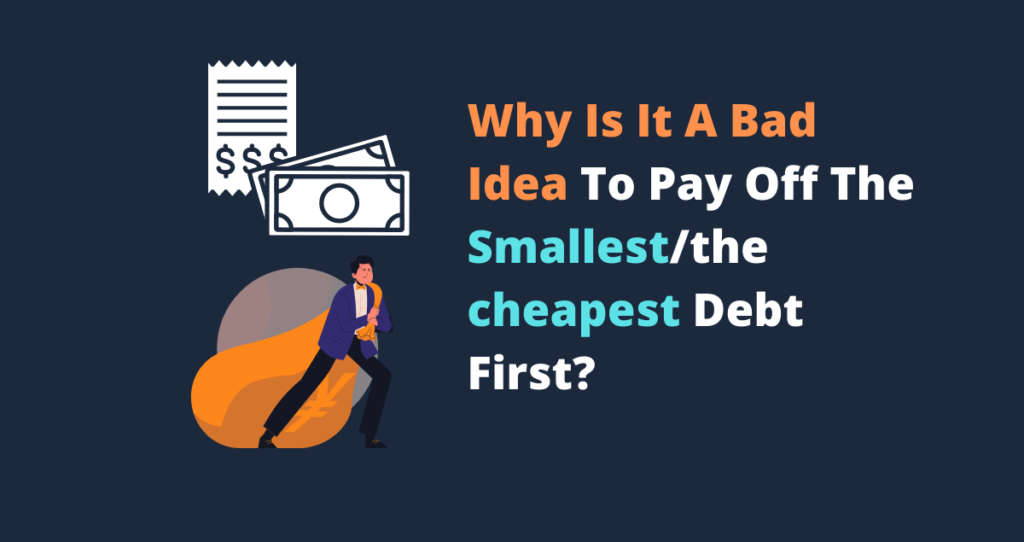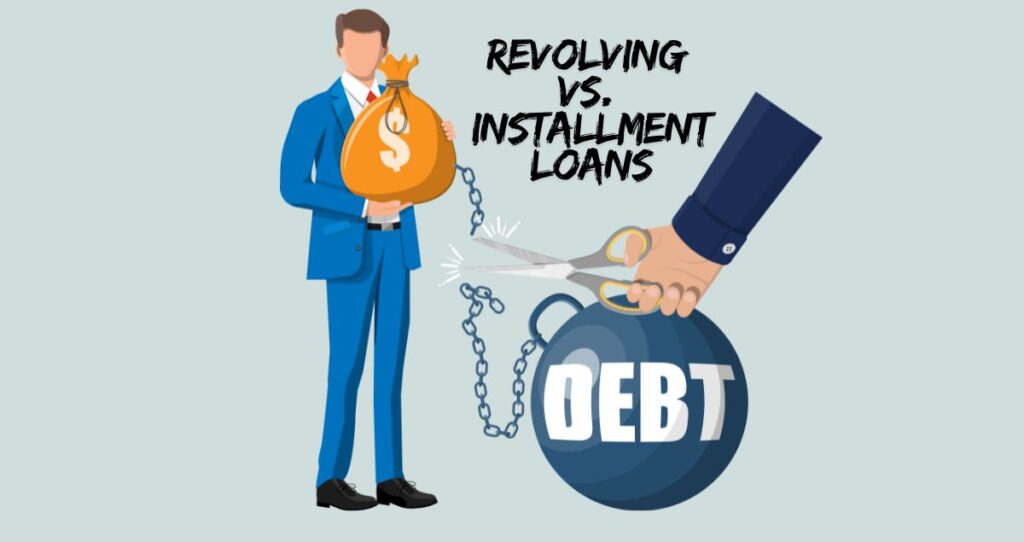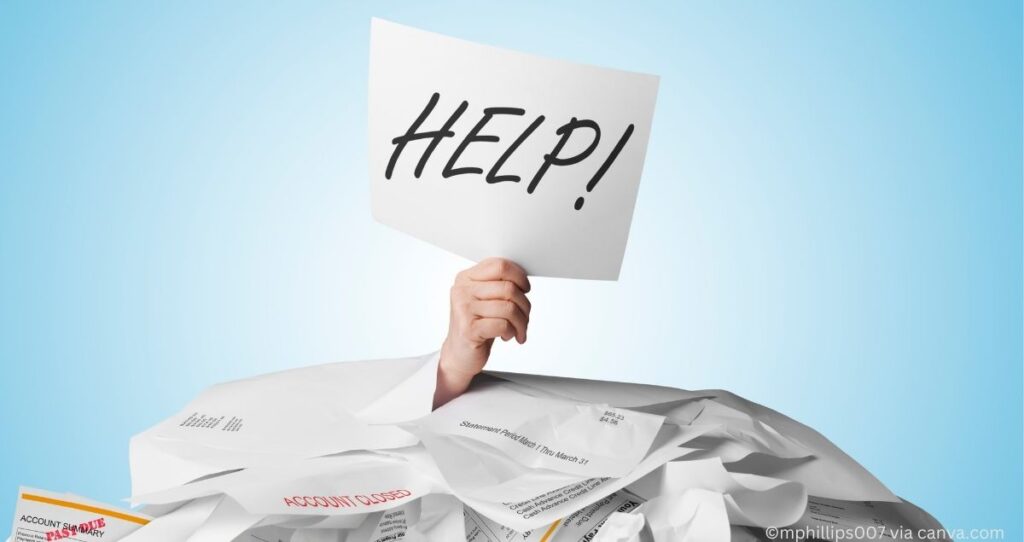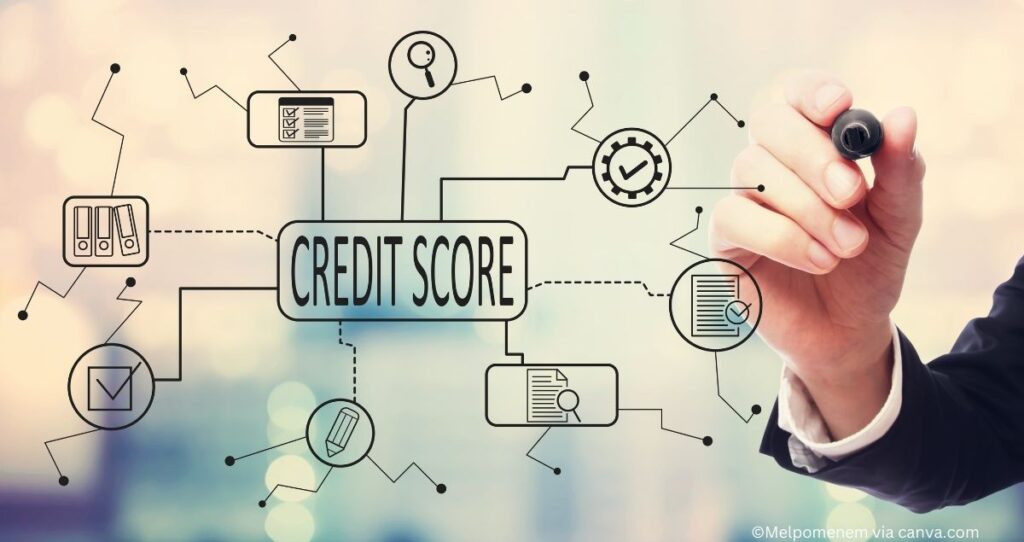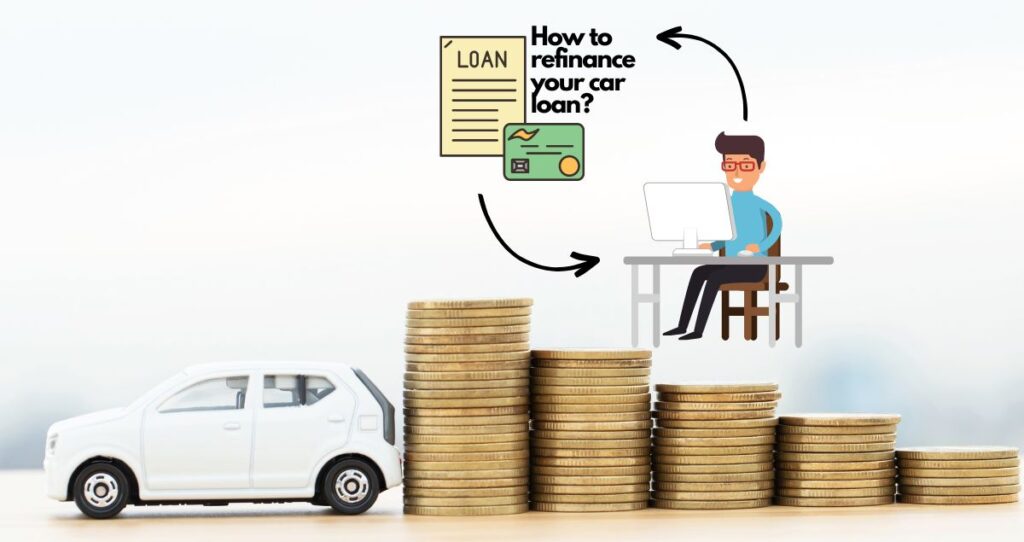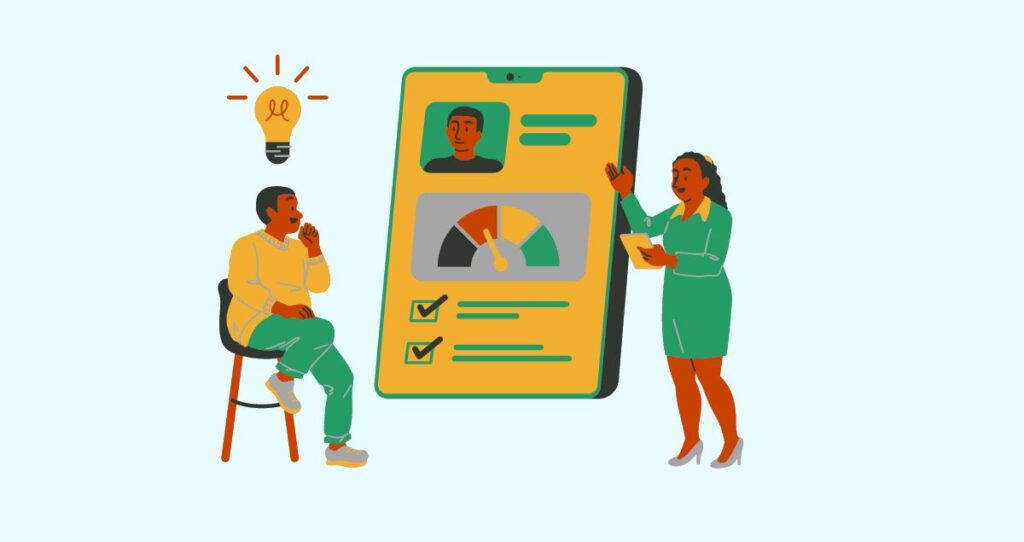Being debt-free does not happen by accident. Debt-free people have a set of habits they follow and every financial decision they make aligns with these habits and their financial goals. It is rare to see a debt-free person without a budget, saving goals, or a comprehensive understanding of their finances. Debt-free people also educate themselves about money, avoid impulse shopping, and do not take out unnecessary loans. Even if they might end up taking a loan, they pay them off as soon as possible and they never carry balances on their credit cards.
Additionally, debt-free people understand that planning for the future is essential if one desires to achieve long-term success. That is why they establish financial plans that involve saving for retirement, creating emergency funds to safeguard their finances, and investing as much as possible to build generational wealth and become financially independent.
Here are the top 12 habits of debt-free people and how you can copy the same habits to turn your life around and build generational wealth.
1. Debt-free people establish a spending budget
Budgeting is one of the most adopted habits of debt-free people. Creating a budget gives debt-free people a chance to manage their finances effectively and avoid costly expenses that are not planned for. For example, it is rare for a debt-free person to make an expensive impulse purchase on credit. While debt-free people might still buy the item they want, they first check whether it is planned for or if they have enough cash reserve to make such a purchase. It is all about understanding the numbers.
Debt-free people often have a monthly budget and they stick to their budgets. This allows them to know exactly where their money is going and to plan for future expenses. For example, if debt-free people are planning to buy a car, they use a budget to cut down expenses and start saving for their car purchases. It is that simple. Plan for the item you want to buy and save for it until you have enough cash to buy it.
2. Debt-free people live within their means
It cannot go any further on this list without mentioning that debt-free people live within their means. A common misconception that many people fall for is assuming that living below your means is the same as living frugally. These two lifestyles are not the same. Frugal habits involve living the minimum lifestyle you can which is not the same as living below your means. Living below your means does not mean skipping lunch to save $10. What it means is to understand your finances, prioritize your needs, and avoid unnecessary purchases. By living below their means, debt-free people save more money and they always have enough cash to buy what they want.
Debt-free people also spend money on what they can afford and avoid impulse shopping. They differentiate their needs and wants and prioritize essential expenses. If an item is not planned for and it is not a need, they don’t buy it.
You might also like: 20 clever ways to reduce expenses and increase savings
3. Debt-free people create an emergency fund
Debt-free people do not become debt-free by accident. Being debt-free requires careful planning and setting up rules that allow debt-free people to stay out of debt. One of the most common habits of debt-free people is creating an emergency fund. Why an emergency fund? Because economic uncertainties can easily push the average person to take on loans to keep going.
For example, if you get into a car accident and don’t have enough cash to fix your car, you might end up taking a short-term loan to fix your car. You could also lose your job which can easily happen just like that. An expensive medical bill can also push you on the edge and force you to borrow money to cover it. That is why debt-free people anticipate uncertain financial hardships and save for them ahead of time through emergency funds. This prevents them from having to rely on credit when sudden expenses arise.
A good emergency fund should cover between 3 to 6 months of your expenses. This is enough time to turn your situation around and come up with a solution.
You might also like: Should you invest your emergency fund for better returns?
4. Debt-free individuals pay bills on time
Debt-free individuals pay their bills on time. You will never see a debt-free person who avoids paying bills or with a late payment on their records. They understand how not paying their bills on time can easily destroy their finances and wreck their credit which could eventually lead to borrowing money to keep up with life.
Paying bills on time also helps debt-free people avoid late fees. Any money you pay in fees is unnecessary and slowly drains your savings which is why paying their bills on time is one of the best habits of debt-free people you should start today.
If you have been slacking on your bills, make it a habit to start paying before the due date. Not only that you avoid charges, but you also keep your record clean and avoid financial disasters.
You might also like: How Late Payments Affect Your Credit Score?
5. Debt-free people use credit cards wisely
Another widely adopted habit among debt-free people is using their credit wisely. Millions of people are struggling with credit card debts with no green light in sight. As reported by USA Today, the 2022 data from the Federal Reserve, and the U.S. Census Bureau, the average credit card debt in the USA was $7,951 and the total credit card balance was $1.03 trillion in 2023, according to Fortune.
The best way to avoid debt especially high-interest debts such as credit card debts and person-like credits is to understand how these products work and use them properly.
One thing you should understand is that credit cards come with high interest rates that are also compounded. This means the longer you carry your balance, the more money it costs you daily in fees and interest. Debt-free people understand that paying 25% APR so that they can go shopping is not worth their time or money.
That is why all debt-free people are very selective about how they use their credit cards; some don’t even use them. For example, they might have credit cards that they use only for gas and groceries. Additionally, most successful people use credit cards for cheap purchases they can afford to pay with cash. They only do so to get discounts associated with credit cards and build credit history.
If you want to take control of your finances, you should start using credit cards like debt-free people. Don’t use credit cards on impulse shopping or expensive purchases, never carry a credit card balance, and use credit cards to make purchases you have cash for. That is how you can manage to stay out of credit card debt.
Related articles:
6. Debt-free people avoid debt
The fact that debt-free people don’t have debt, means they either worked hard to get out of debt or avoided debt at all costs. Avoiding debt is probably one of the most ingenious habits of debt-free people. Your chances of getting into get is lower when you don’t take out loans.
This means that to afford what they want, debt-free people manage their finances effectively and live within their means. Their financial decisions are dictated by their savings and financial goals, instead of emotions. Debt-free people understand what they can afford and what is out of their reach.
Debt-free people avoid to avoid borrowing money whenever possible. If they must take on debt, they have a plan for how they will quickly pay it off.
7. Debt-free people save for retirement
Saving for retirement is a common habit among debt-free individuals and most of them make regular contributions to their retirement plans. Retirement planning is one of the most effective financial strategies anyone can adopt. Debt-free people understand that stashing away a big chunk of their earnings allows them to pay less tax and plan for their futures.
Most debt-free people max out their 401(k) plans and have at least one individual retirement account(IRA) and health savings account(HSA). If you want to follow in the footsteps of debt-free people, you need to understand the importance of saving for your future and start making regular contributions to your retirement accounts. While you might not max out your account, you should at least contribute what you can afford even if it is a few hundred dollars a month. You can always increase your contributions later on.
8. They educate themselves about money
Most people struggle financially because they have no idea how money works and financial strategies they can use to stay out of trouble. Not knowing what to do with your finances is usually a result of financial ignorance and a desire to look rich rather than be rich.
Debt-free people, on the other hand, keep their minds sharp by learning as much as they can about money and personal finances. Financial education leads to making educated decisions rather than emotional decisions. For example, you will rarely see a debt-free person purchasing a brand-new car with a car loan. Why? Because debt-free people know that a new car loses about 50% of its value in the first 5 years, car loan rates are expensive, new cars come with higher fees and you pay expensive insurance. On top of these expenses, a new car does not bring any value to their lives.
The average person, however, does not think like this. All they think about is that a new car will make them look rich, bring them happiness, make them respected, etc. That is why they borrow themselves to death. The truth is that you are a product of what you know and how you apply them. So, you learn and apply what you learn to your advantage. If you want to become debt-free, first learn how money works and the impact different financial products will have on your finances. In other words, start thinking like debt-free people and behave like they do.
Learning about money also allows debt-free people to focus on generating more money through interest payments, dividends, and capital gains. Debt-free people are debt-free because they use their money wisely, and invest their money to build their net worth.
9. They keep track of their money
Keeping track of their finances is one of the most widely practiced habits among debt-free people. Not only do people with no debts track their finances using a budget, but they also track their money in different accounts to make sure they are clean and everything is in order. It is common for debt-free people to regularly check their bank statements, credit card bills, and other financial documents to stay aware of their financial situation. This allows them to pay bills on time, correct mistakes ahead of time, or help prevent fraudulent activities whenever they occur.
10. Debt-free people set financial goals
Financial goals are what separates highly effective and rich people from those living in chronic poverty or paycheck to paycheck. If you have no money saved by the end of the month, it is more likely that you don’t have financial goals. Debt-free people understand that the lack of financial goals is what usually leads to excessive spending and financial struggles down the road.
This is why establishing financial goals is one of the best habits of debt-free people that you can copy. Start by establishing an overview of your finances and write down financial goals such as retirement savings goals, saving for a down payment on a home purchase, car purchase, travel goals, or investing. It is within our goals that we find success. Once you have your goals written down, create a plan on how to achieve them. You won’t make a random purchase when you know there is a down payment to save for.
11. They prioritize paying off debt
Carrying too much debt is one of the biggest causes of financial hardships. Not only that you end up paying a lot of money in interest, but debt also prevents you from saving money and investing in your future. Debt alone can keep your entire family in poverty for generations.
One of the best habits of debt-free people is to prioritize paying off their debts. If you talk to a debt-free person, you will realize that most of them emphasize the need to get out of debt as soon as possible. Debt-free people know that it is harder to get ahead financially when you are stuck with too much debt.
Unlike financially irresponsible people, debt-free people never pay the minimum payment on their debts. Instead, they allocate as much money as possible toward their debts and establish a plan and timeline to get out of debt. This financial habit alone can easily keep you out of financial trouble if you can master it.
12. Debt-free people aren’t afraid to say no
When you get a chance to talk to debt-free individuals, it will not take you too much time to realize that they are not afraid to say no. If something does not align with their beliefs, standards, and financial goals, they will say no to it and make sure that it is clearly understood. For example, if you try to borrow money from a debt-free person to buy something useless, they will tell you no.
For them, it is easier to say no than lend you money knowing that it is going to be wasted and they might not get it back. Another important habit of debt-free people is that they can say no to unnecessary purchases or financial commitments that are not within their budget. They don’t let social pressures influence their financial behavior. Debt-free people cannot borrow money to buy a car just because their neighbors are driving brand-new cars.

